Understanding the Efficacy of Alternative Ovarian Cancer Treatments in Mexico

"Yes, Mexico is a prominent destination for effective alternative and integrative treatments for ovarian cancer, offering advanced therapies like immunotherapy, targeted metabolic treatments, and hyperthermia, often used to complement conventional medical care."
When facing a diagnosis of ovarian cancer, exploring every possible avenue for treatment is a natural and essential step. For many, this journey leads them to look beyond their home country's standard options. Mexico has emerged as a significant hub for medical tourism, particularly for patients seeking alternative treatments for ovarian cancer. These treatments are often part of an integrative oncology approach, which combines cutting-edge alternative therapies with conventional methods to offer a more holistic and personalized path to healing. This approach focuses not just on the disease but on strengthening the patient's overall health and quality of life, providing hope and new possibilities for those navigating a complex diagnosis.
What Are the Most Common Alternative Therapies for Ovarian Cancer in Mexico?
"The most common alternative therapies for ovarian cancer in Mexico include targeted immunotherapy, metabolic therapy (like the Gerson Therapy and ketogenic diets), whole-body and localized hyperthermia, high-dose Vitamin C infusions, and various detoxification protocols."
These treatments are typically offered as part of a comprehensive, multi-faceted program tailored to the individual. Unlike a single-drug approach, integrative oncology in Mexico aims to attack cancer from multiple angles. For instance, a patient might receive immunotherapy to activate her own immune system against cancer cells, while metabolic therapy works to create an internal environment where cancer cannot thrive.
This holistic strategy often includes nutritional counseling, detoxification, and therapies designed to minimize the side effects of conventional treatments. The goal is to support the body's natural healing capabilities while directly targeting the cancer, which is why many patients find this approach so appealing.
How Does Immunotherapy for Ovarian Cancer in Mexico Work?
"Immunotherapy in Mexico for ovarian cancer works by stimulating the patient's own immune system to recognize and destroy cancer cells. This is often done using therapies like dendritic cell vaccines, natural killer (NK) cell therapy, and checkpoint inhibitors, which are personalized to the patient's specific cancer."
Our immune system is our body's natural defense force, but cancer cells can be tricky, often "hiding" and evading detection. Immunotherapy is a groundbreaking field of medicine that essentially trains the immune system to identify and fight back against these rogue cells. In Mexico, clinics often use advanced forms of immunotherapy that may not be widely available in other countries.
For example, dendritic cell therapy involves taking a patient's own immune cells, "educating" them in a lab to recognize their specific ovarian cancer, and then reintroducing them to the body to lead the attack. Similarly, NK cell therapy enhances the power of these specialized "cancer-killing" immune cells. This personalized approach can be a powerful tool, especially when used in conjunction with other treatments.
What Is Integrative Oncology and Is It Available in Mexico?
"Integrative oncology is a patient-centered approach that combines conventional cancer treatments (like chemotherapy) with evidence-informed complementary therapies to manage symptoms, improve quality of life, and support overall health. This approach is a cornerstone of many leading cancer clinics in Mexico."
Think of integrative oncology as the best of both worlds. It doesn’t reject conventional medicine; it enhances it. A patient undergoing chemotherapy, for example, might also receive nutritional IV therapy to maintain energy levels, acupuncture to manage nausea, and meditation to reduce stress. The focus is on treating the whole person—mind, body, and spirit—not just the tumor.
Clinics in Mexico specializing in this approach bring together oncologists, nutritionists, immunologists, and holistic practitioners to create a unified treatment plan. This collaborative model ensures that all aspects of a patient’s well-being are addressed, which can lead to better treatment outcomes and a significantly improved quality of life during a challenging time.
Are Alternative Cancer Treatments in Mexico Safe and Regulated?
"Yes, alternative cancer treatments in reputable Mexican clinics are generally safe. These facilities are often staffed by licensed medical doctors and adhere to high standards of care, with many regulated by the Mexican health authority, COFEPRIS. However, it is crucial for patients to research and choose accredited and experienced clinics."
Safety is a primary concern for anyone considering medical treatment abroad. While Mexico's regulatory landscape differs from that of the U.S. or Europe, this does not mean it lacks standards. Top-tier clinics in cities like Tijuana and Cancun are often led by highly trained physicians, many with international experience, and operate with modern, state-of-the-art equipment.
The key to ensuring safety is due diligence. Patients should look for clinics that are transparent about their treatments, provide clear credentials for their medical staff, and have a history of patient testimonials. It's also wise to inquire about their licensing and any international accreditations they may hold. A reputable clinic will welcome these questions and provide clear, reassuring answers.
What Is the Typical Cost of Alternative Ovarian Cancer Treatment in Mexico?
"The cost of alternative ovarian cancer treatment in Mexico can range from $15,000 to $40,000 USD for a multi-week program. This is often significantly less than the cost of similar treatments in the United States and typically includes a comprehensive plan with multiple therapies."
One of the primary reasons patients travel to Mexico is the affordability of high-quality medical care. A comprehensive, three-week integrative treatment program, which might include immunotherapy, hyperthermia, and personalized nutrition, can cost a fraction of what even a single one of these therapies might cost elsewhere.
These costs usually cover the full treatment protocol, consultations with doctors, and sometimes even accommodations and meals. While most alternative treatments are not covered by insurance, the significant cost savings make it a viable option for many families who might otherwise be unable to afford such advanced and personalized care.
How Do I Choose a Reputable Cancer Clinic in Mexico?
"To choose a reputable cancer clinic in Mexico, look for transparency, licensed medical professionals, patient testimonials, and personalized treatment plans. Avoid clinics that promise a 'miracle cure' and instead choose those that practice an evidence-informed, integrative approach."
Here are a few key things to look for:
-
Medical Staff: Are the doctors licensed oncologists, immunologists, or other specialists? Where did they train?
-
Personalized Care: Does the clinic create a unique treatment plan based on your specific diagnosis and medical history, or do they offer a one-size-fits-all program?
-
Transparency: Are they open about their methods, costs, and potential outcomes? Will they coordinate with your oncologist back home?
-
Testimonials and Reviews: Do they have a track record of treating patients with ovarian cancer? Can you speak to former patients?
A trustworthy clinic will feel like a partner in your health journey, providing clear information and support every step of the way.
What Are the Success Rates for These Treatments?
"Success rates for alternative ovarian cancer treatments in Mexico vary depending on the individual's diagnosis, cancer stage, and overall health. Reputable clinics avoid promising cures and instead focus on improving quality of life, extending survival, and in some cases, achieving long-term remission."
It's important to have realistic expectations. Alternative treatments for ovarian cancer are not magic bullets. Their effectiveness is highly individualized. While many patients experience remarkable improvements—such as tumor reduction, increased energy, and better tolerance of conventional therapies—outcomes can differ.
Instead of focusing solely on "cure" rates, consider the broader definition of success. Does the treatment improve your day-to-day life? Does it reduce pain and other debilitating symptoms? Does it give you more quality time with your loved ones? For many, these are the measures that truly matter, and it is in these areas that integrative oncology in Mexico often excels.
Can I Combine Conventional and Alternative Treatments in Mexico?
"Absolutely. The best approach to cancer care is often an integrative one, where alternative therapies are used to complement and enhance conventional treatments like chemotherapy. Many clinics in Mexico are designed to work in conjunction with your existing treatment plan."
Using alternative therapies alongside conventional ones can be incredibly beneficial. For example, high-dose Vitamin C can help mitigate the harsh side effects of chemotherapy, while immunotherapy can work synergistically with it to attack cancer more effectively.
Before starting any new treatment, it's vital to have an open conversation with both your conventional oncologist and the medical team at the Mexican clinic. A collaborative approach ensures that all treatments work together safely and effectively, providing you with the most comprehensive care possible.
What Is Gerson Therapy and Is It Used for Ovarian Cancer?
"Gerson Therapy is a specific metabolic treatment that involves a strict organic, plant-based diet, raw juices, and detoxification protocols. It is used for various cancers, including ovarian cancer, in some Mexican clinics, with the goal of detoxifying the body and restoring its natural defenses."
Developed by Dr. Max Gerson, this therapy operates on the principle that cancer thrives in a body that is nutrient-deficient and toxic. The intensive protocol is designed to flood the body with nutrients from raw, organic foods while eliminating toxins through methods like coffee enemas.
While scientifically controversial in some circles, many patients who have undergone Gerson Therapy report significant improvements in their health and well-being. It is a demanding regimen that requires total commitment, but for those who embrace it, it can be a powerful tool for healing.
Is High-Dose Vitamin C Therapy Offered in Mexican Clinics?
"Yes, high-dose intravenous (IV) Vitamin C therapy is a very common and popular treatment in Mexican cancer clinics. It is used to help kill cancer cells, reduce inflammation, boost the immune system, and improve the quality of life for patients with ovarian cancer."
At very high concentrations, Vitamin C acts as a pro-oxidant, creating hydrogen peroxide that can be toxic to cancer cells while leaving healthy cells unharmed. When administered intravenously, it can reach blood levels far higher than what is possible through oral supplements.
Patients often report feeling more energetic and resilient while undergoing high-dose Vitamin C therapy. It is frequently used to lessen the side effects of chemotherapy and radiation, making it a valuable component of an integrative treatment plan.
What Is Hyperthermia and How Is It Used for Ovarian Cancer in Mexico?
"Hyperthermia is a treatment that uses heat to destroy or weaken cancer cells, making them more susceptible to other treatments like chemotherapy and radiation. In Mexico, whole-body or localized hyperthermia is often used for ovarian cancer, sometimes in the form of HIPEC (Hyperthermic Intraperitoneal Chemotherapy)."
Cancer cells are more sensitive to heat than healthy cells. By raising the temperature of a tumor or even the entire body, doctors can damage or kill cancer cells directly. Hyperthermia also enhances blood flow to tumors, which can improve the delivery and effectiveness of chemotherapy drugs.
For ovarian cancer that has spread within the abdominal cavity, some Mexican clinics offer a specialized procedure called HIPEC. This involves circulating heated chemotherapy drugs throughout the abdomen immediately after surgery to remove visible tumors, targeting any remaining microscopic cancer cells.
What Should I Expect During an Initial Consultation?
"During an initial consultation with a Mexican cancer clinic, you should expect a thorough review of your medical records, a discussion about your health goals, and the presentation of a proposed personalized treatment plan. This is your opportunity to ask questions and assess if the clinic is the right fit for you."
The consultation is a two-way street. The clinic's medical team will want to understand every detail of your diagnosis, past treatments, and current health status. They will likely ask for your latest scans, blood work, and pathology reports.
In return, you should come prepared with a list of questions. Ask about their experience with your specific type of ovarian cancer, the scientific rationale behind their recommended therapies, the full cost of the program, and what a typical day of treatment looks like. A good consultation will leave you feeling informed, heard, and confident in your decision.
Ready to explore your options? PlacidWay can help you connect with leading clinics in Mexico for alternative and integrative ovarian cancer treatments. Discover a personalized path to healing today.


.png)



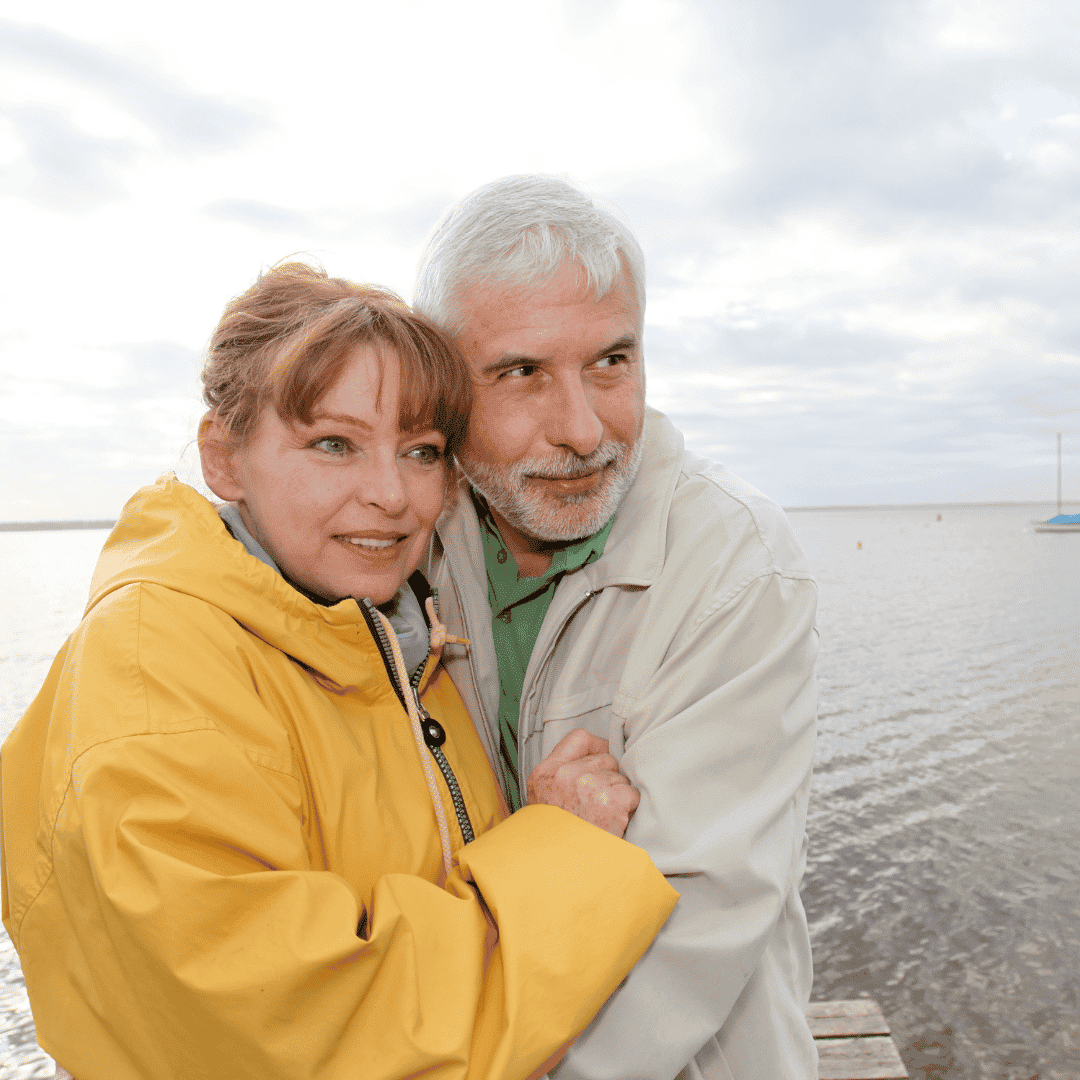




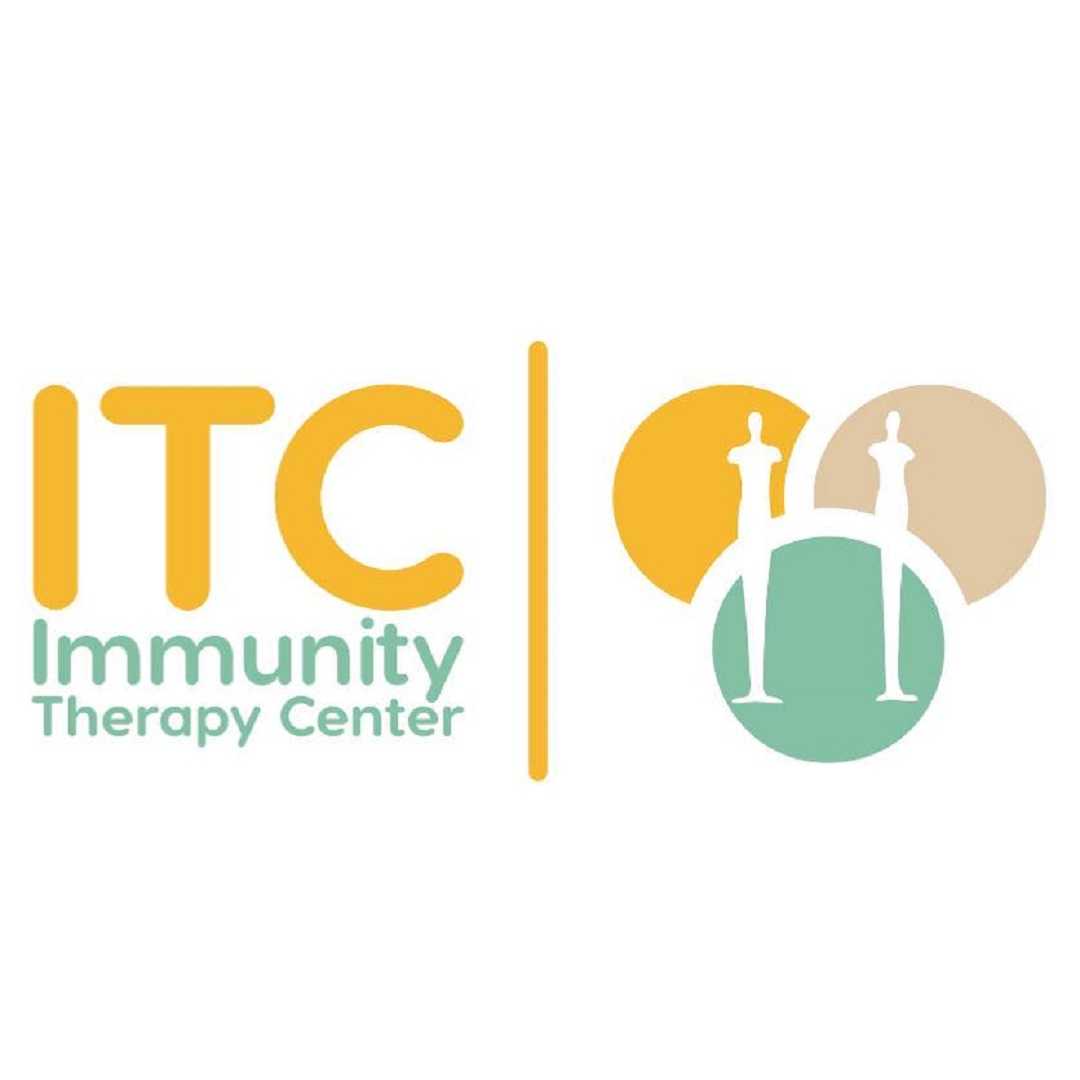
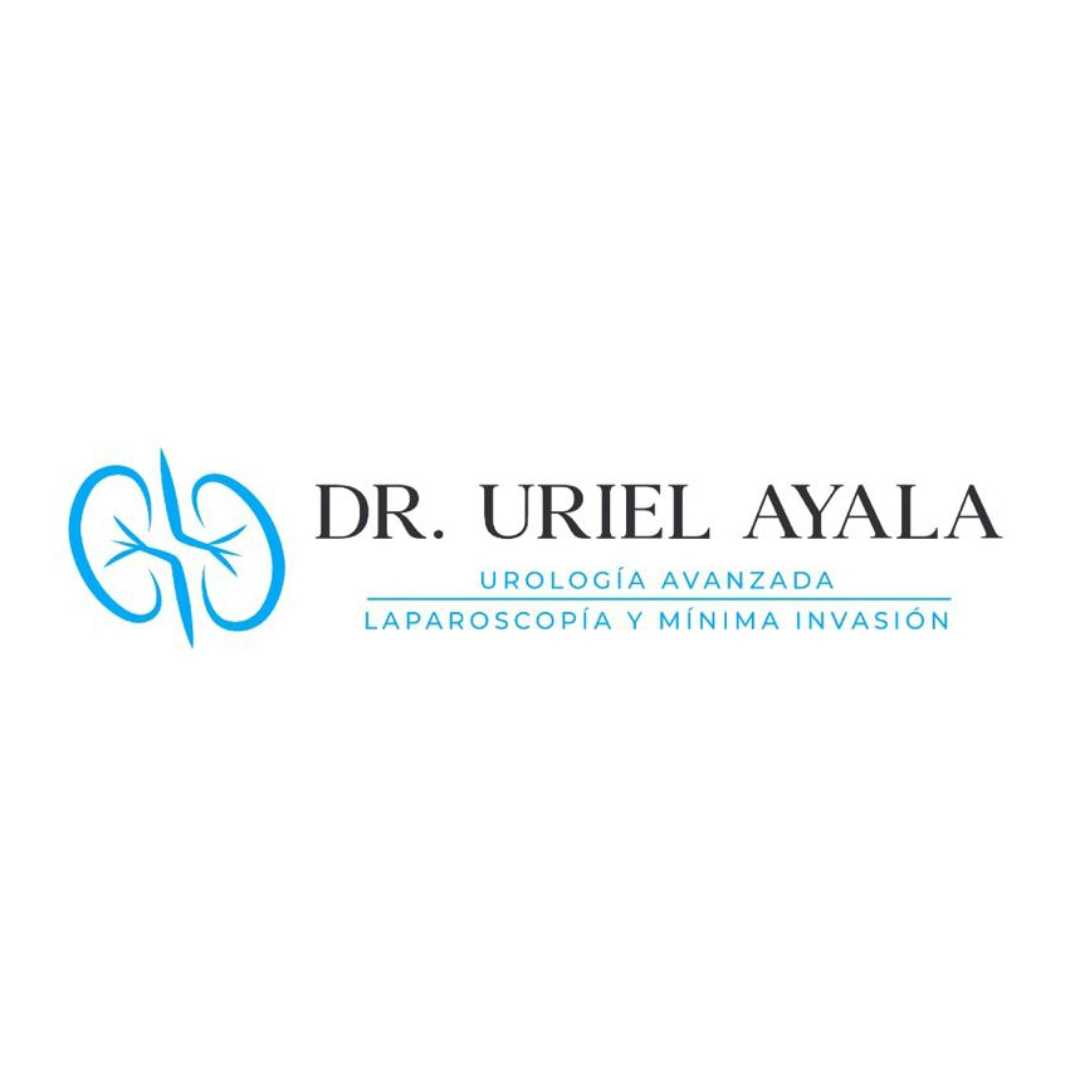
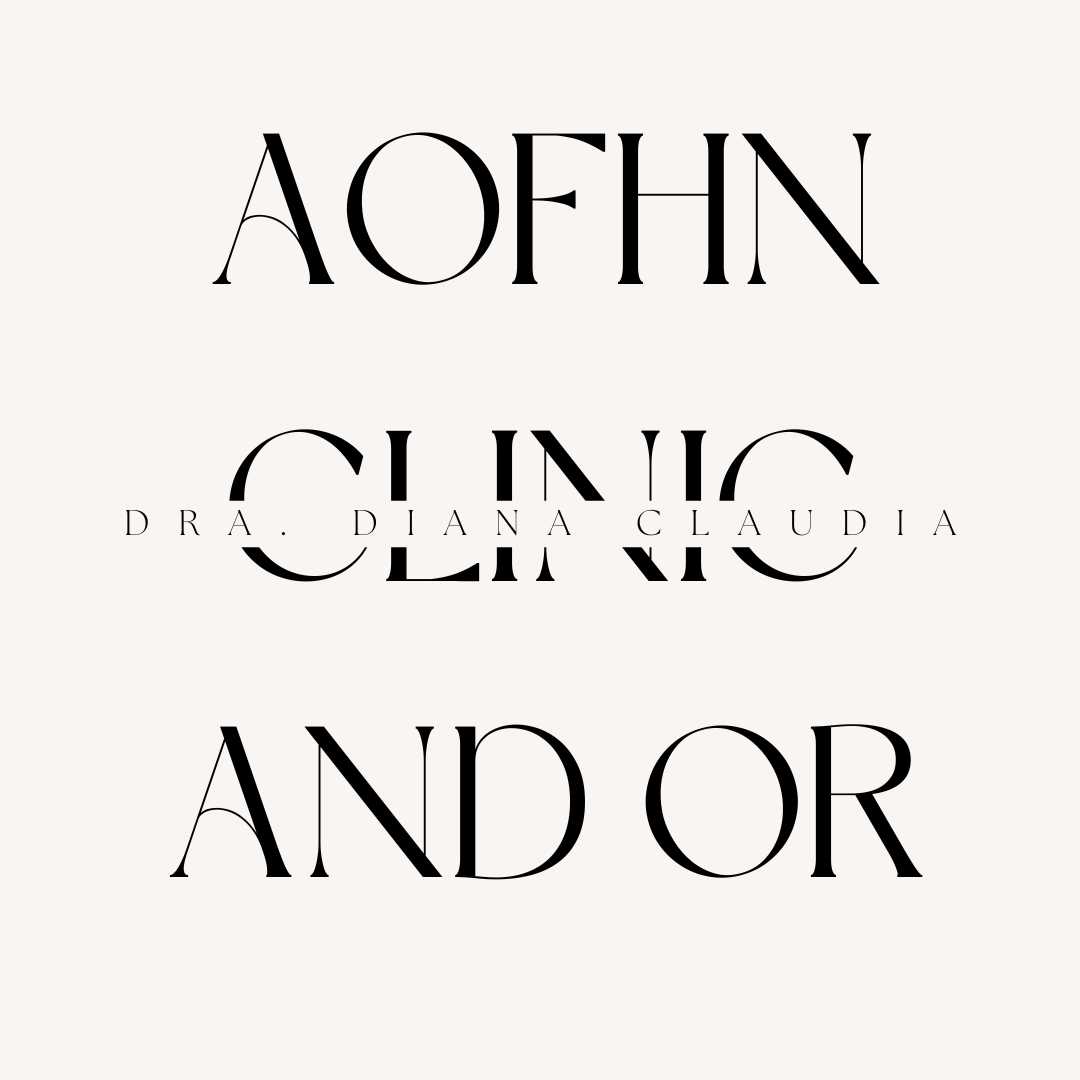
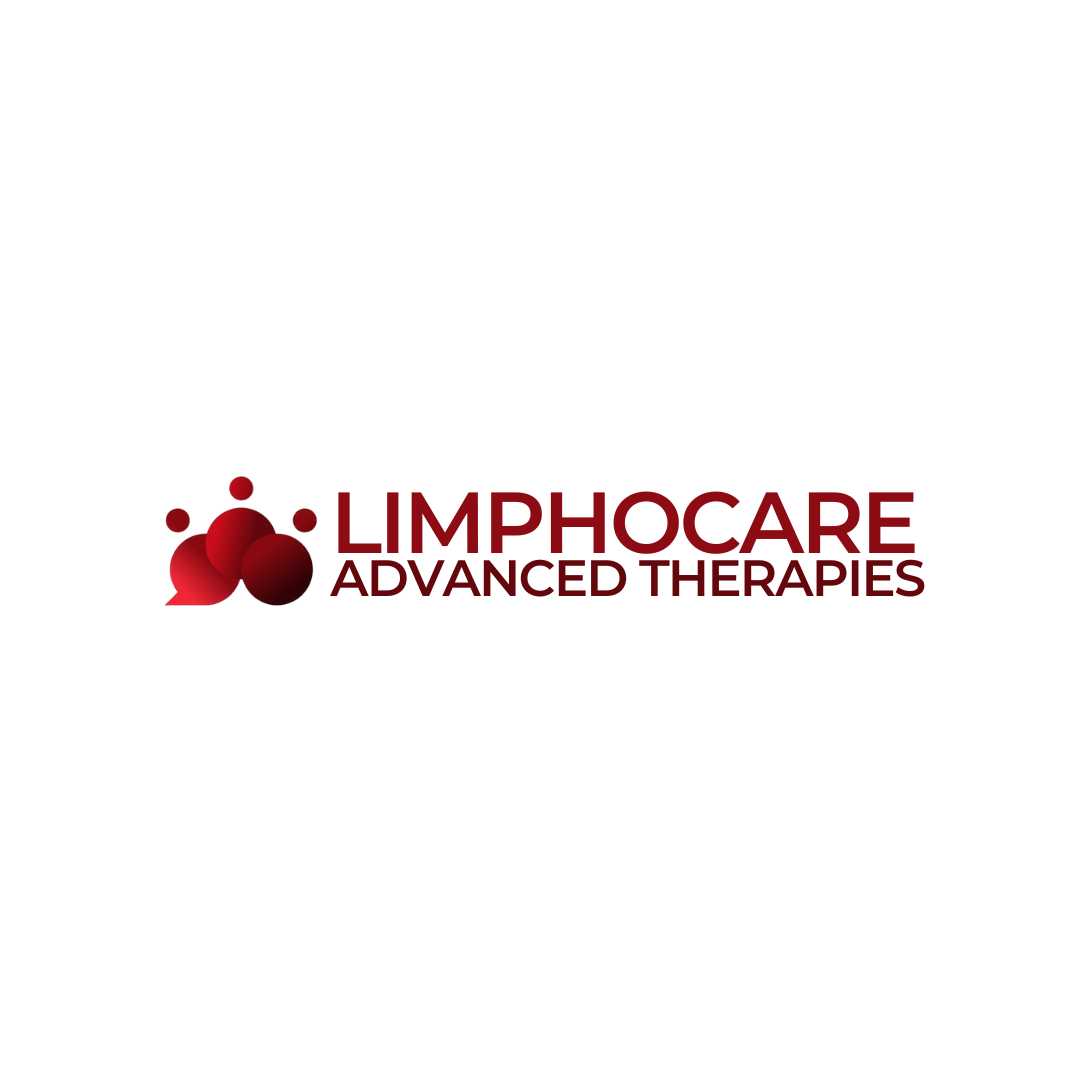
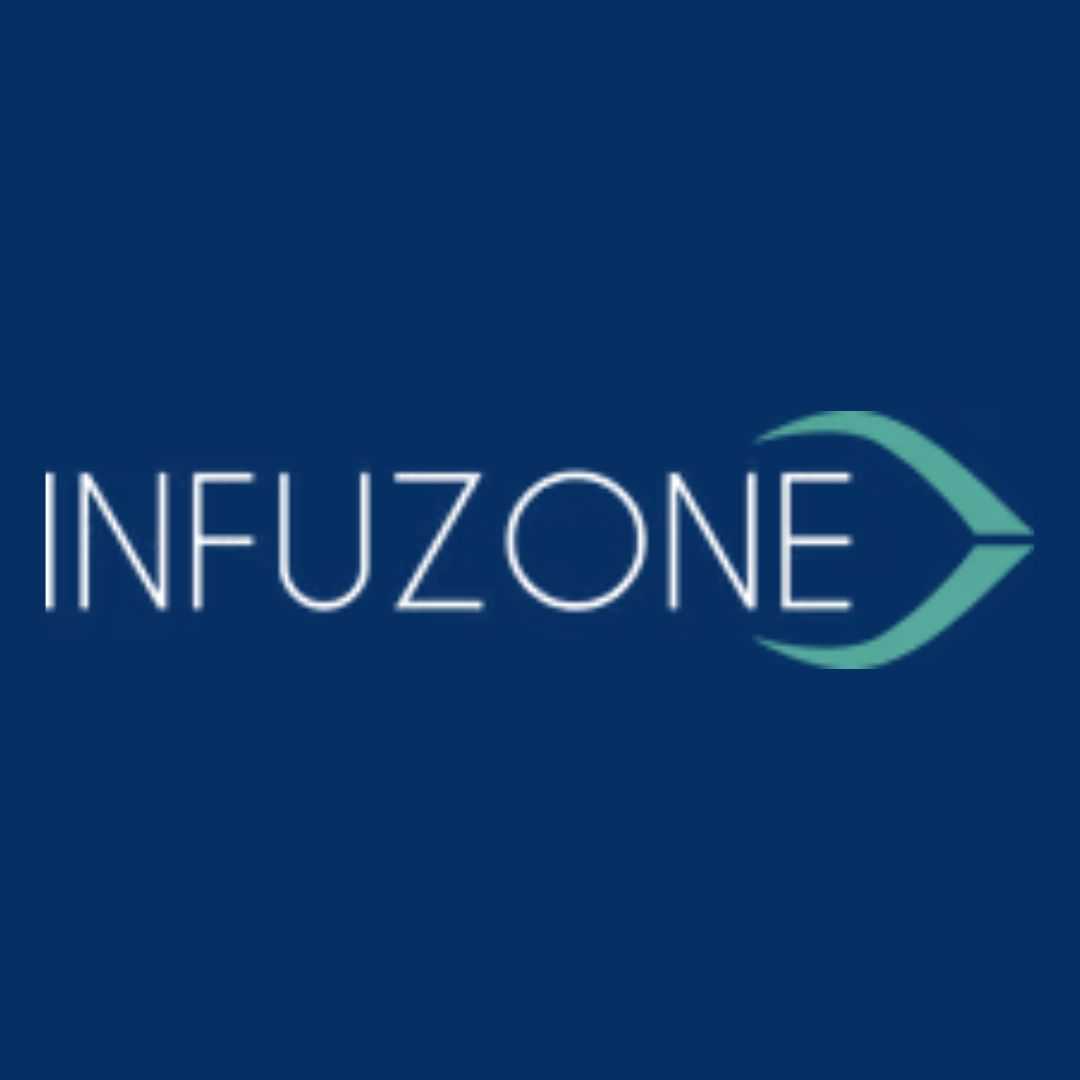

Share this listing